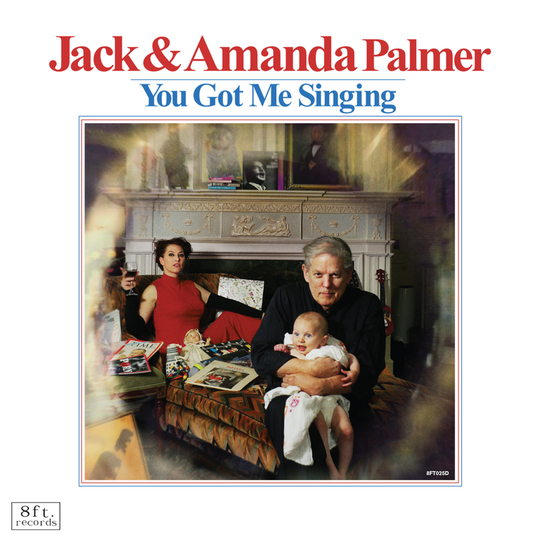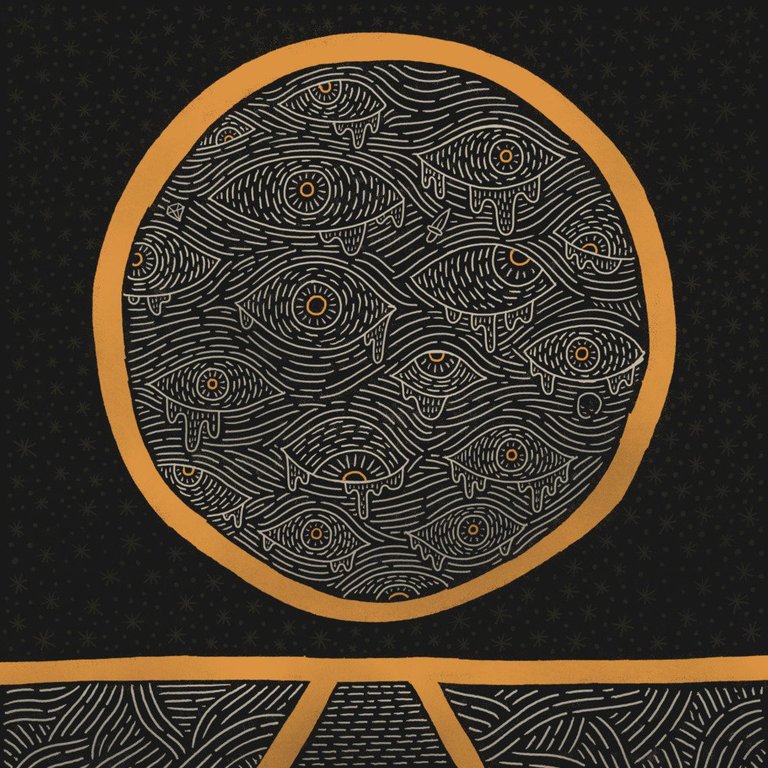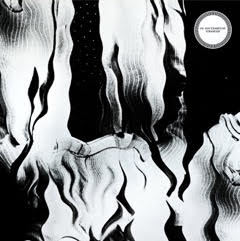Before she had her baby, Amanda Palmer was terrified that, when she’d had him, she’d 'play nice folk songs'. Now, as she joked to her audience at Koko last month, by making this record with her dad Jack Palmer, 'lo and behold...' Her hope, she continued, was that she was 'exorcising this thing like a satanic demon'. But for some reason, You Got Me Singing doesn’t feel as incongruous with the rest of her self-described 'punk cabaret' body of work as she seems to think. Maybe because categorising her work before You Got Me Singing was never really that simple. She was always making music that felt right to her, and that’s what she’s doing now.
And there might be a lot of 'folk' here, but no-one could ever claim that it was simply nice; there are a couple stunning protest songs and a few Heartwrenching Tragic Ballads that feel very Classic AFP, so lullabies ‘Wynken, Blynken and Nod’ and ‘Skye Boat Song’ feel anything but twee. In fact, one of the great things about this album is how it shows the variation of ways that folk sounds can be brilliant. The beauty of ‘You Got Me Singing’ has a warmth that feels like the sound version of a hug, while that of ‘Pink Emerson Radio’ borders on ethereal in its sorrow; the lightness of ‘Again’ and ‘All I Could Do’ beautifully highlight-through-contrast their melancholy and bittersweetness respectively, while amongst the two protest songs,‘Black Boys On Mopeds’ is as mournful as ‘In The Heat Of The Summer’ is angry. Jack Palmer’s lyric changes in the latter are perfectly suited to recent events, containing a deliberate nod of support to the Black Lives Matter Movement. As they noted themselves at Koko, the fact that these protest songs written in the Sixties and Eighties are just as relevant today adds to their already-immense tragedy.
Many of these songs do that folk thing of opting for light tones and simplicity to emphasise their sorrow, and, unusually, Amanda has opted to stay true to this in her covers of them. In the past, when covering simple- or glib-for-starkness songs such as ‘I Will Follow you Into the Dark’, ‘Polly’ and, at the Union Chapel last year, ‘There Is A Light That Will Never Go Out’, she’s transferred these songs to the piano and stripped them of their simplicity in favour of a straightforward solemnity that can be effective but a bit heavy-handed. In staying true to the tones of these songs, they’ve preserved their subtlety, and given the album a variation of colour too, so the only two really grandiose songs here - the piano arrangement of ‘1952 Vincent Black Lightning’ and the true-to-tone cover of ‘Glacier’ by John Grant - feel totally effective. The former showcases Amanda’s piano playing without showing off; the arrangement is very creative and her playing expressive, and the song is elevated to stunning as a result, with the power to bring you to tears even if you happen to have a gripe with the feminine anthropomorphisation of motorbikes and their comparison to actual women (ahem).
All in all, You Got Me Singing is wonderfully curated and beautifully executed, with just the right amount of imprecision in the pretty-much simultaneity of when the two sing together. Their voices often compliment each other beautifully - particularly on ‘Wynken, Blynken and Nod’, which sounds brilliantly mysterious in their low voices - and their harmonies are often interesting - see ‘Skye Boat Song’. There is just so much to love about this album.
-
8Nina Keen's Score






















